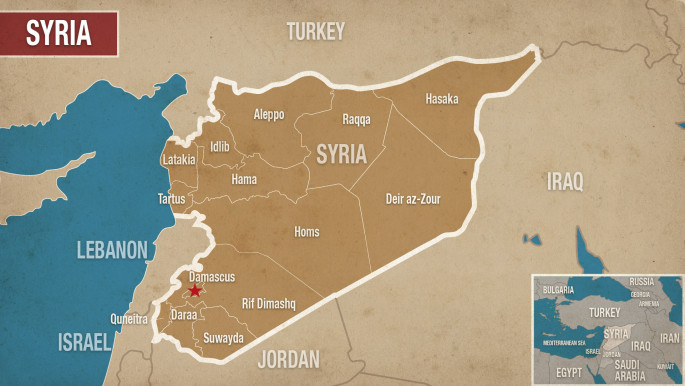Saudi Arabia will host a meeting of the Syrian opposition later in November as the United Nations prepares to convene new
peace talks with the Syrian regime.
The latest round of UN-brokered peace talks is due to open on November 28, with UN envoy Staffan de Mistura saying late last month that the talks had reached a "moment of truth".
The meeting in Riyadh will be held from November 22-24 at the request of opposition factions and aims to form a "joint negotiating delegation to resume direct negotiations in Geneva under the auspices of the UN," the official Saudi Press Agency reported late on Monday.
The Syrian regime has been buoyed by its recent recapture of the eastern city of Deir az-Zour from the Islamic State group as well as other towns along the Euphrates Valley towards the Iraqi border.
Syria's opposition has been weakened by the capture of the north-western province of Idlib by
Hayat Tahrir al-Sham (HTS), an offshoot of al-Qaeda which is excluded from the Geneva talks.
Late on Monday, US Defence Secretary Jim Mattis voiced strong support for the peace process, vowing that the coalition Washington has led against the Islamic State in Syria and Iraq would remain committed to the search for a lasting political solution.
"We're not just going to walk away right now until the Geneva process has traction," Mattis told reporters.
"We are going to make sure we set the conditions for a diplomatic solution."
The Geneva talks this year have been largely sidelined by a separate talks process in the Kazakh capital Astana sponsored by opposition supporter Turkey and Syrian regime allies Iran and Russia.
Those talks have resulted in the establishment of three so-called "de-escalation zones" in key battlegrounds between the regime and the rebels, with plans for a fourth.
At least 50 civilians, including 20 children, were killed on Monday in airstrikes on Syria's northern Aleppo province despite a safe zone being in place there.
More than 330,000 people have been killed in Syria since the conflict began in March 2011 with anti-government protests, before spiralling into a complex, multi-front war that drew in international forces and foreign extremists.






 Follow the Middle East's top stories in English at The New Arab on Google News
Follow the Middle East's top stories in English at The New Arab on Google News


![22 Arab countries at COP29 have rejected the targeting of fossil fuels [Getty]](/sites/default/files/styles/image_330x185/public/2024-11/GettyImages-2184289638.jpg?h=199d8c1f&itok=ptHl5bec)